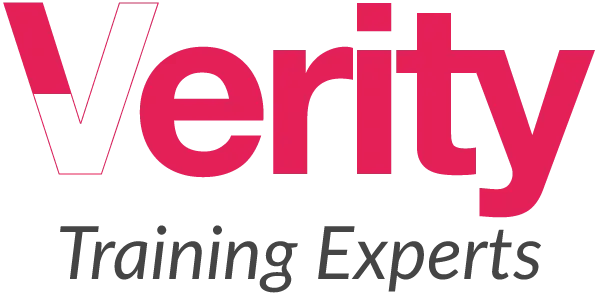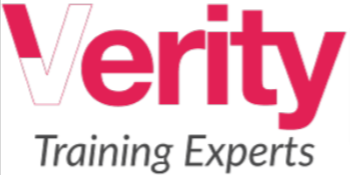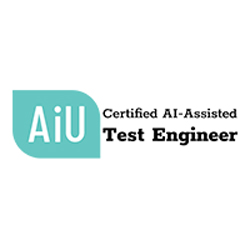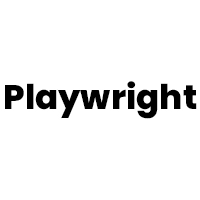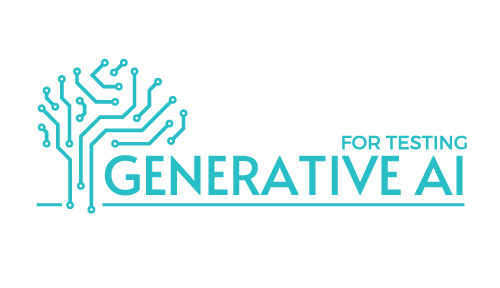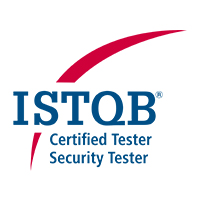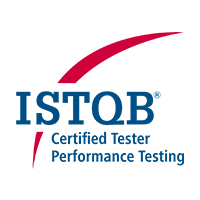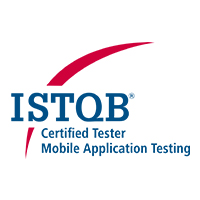Agile Courses, Scrum.Org
Professional Scrum with Kanban™ (PSK)
- 300 + Students Empowered
- 4.5/5 Best Selling Program
- Format Instructor-Led online Program and Self-Learn Online Program
- Start Date: Instructor-led program 2 day program held on every 3rd weekend of every month.
Jan-Dec, 2024. Certification Fees is included in the Training Cost
Course Description:
Professional Scrum™ with Kanban (PSK) provides experienced Scrum Masters and other practitioners with an introduction to incorporating Kanban practices into the Professional Scrum framework. This interactive and activity-based training course will teach students how to improve their working processes by adding proven flow techniques to the DevOps, Continuous Integration, and Continuous Delivery (CIIn addition). In addition, students will gain skills to achieve better outcomes through workflow by integrating theory, case studies, and hands-on exercises.
Additionally, this course focuses on helping students track and manage flow metrics to provide more predictable delivery patterns, ultimately helping them overcome common delivery challenges. Finally, this course teaches students how to implement Kanban within a Professional Scrum environment and what good Kanban looks like.
Course Objectives:
➜ Gain a clear understanding of how flow works within the context of Scrum.
➜ Be introduced to Kanban practices that Scrum Teams can adopt to help improve their effectiveness and efficiency.
➜ Understand how to effectively use the appropriate Kanban practices without changing.
➜ Learn a practical approach to improving transparency and visibility of work.
Who Should Attend?
The Professional Scrum with Kanban course is for anyone doing Scrum. It is particularly beneficial for those people within an organization who use Scrum to deliver products to the market including Product Owners, Development Team Members and Scrum Masters.
Course Topics:
Dispelling Common Myths
Myths are like Kanban is for support work, Kanban is alternative to Scrum, Kanban is for complicated domains etc. Will see how Kanban can get together with Scrum to maximize the benefit of Scrum.
Understanding Professional Scrum
First, a quick review of a key tenet of The Scrum Guide: Scrum is founded on empirical process control theory, or empiricism. Empiricism asserts that knowledge comes from experience and making decisions based on what is known. Three pillars uphold every implementation of empirical process control: transparency, inspection, and adaptation.
Scrum mandates that the Sprint Backlog be transparent, but it provides limited guidance on how to accomplish this. Nor does it define how to achieve explicit transparency to the flow of work into the Product Backlog, from the Product Backlog into the Sprint Backlog, and whatever happens to the work after it makes it into a “Done” increment. This is where Kanban can help. By visualizing work in new ways, a Scrum Team can apply the set of practices laid out in this guide to more effectively optimize value delivery. These practices borrow from and build upon the principles of lean thinking, product development flow, and queuing theory.
Kanban in Practice
Visualization using the Kanban board is the way the Scrum Team makes its workflow transparent. The board’s presentation should prompt the right conversations at the right time and proactively suggest opportunities for improvement.
Work in Progress (WIP) refers to the work items the Scrum Team has started but has not yet finished. Scrum Teams using Kanban must explicitly control these in-progress work items from the time they consider them “started” until the time they consider them “finished.” That control is usually represented as a number or numbers on a Kanban board. Those numbers are called “WIP Limits.”
Limiting WIP is a necessary component to achieve flow, but it alone is not sufficient. The third practice to establish flow is the active management of work items in progress. Active management can take several forms, including but not limited to the following:
- Responding quickly to blocked work items.
- Making sure that work items are only pulled into the workflow at about the same rate that they leave the workflow.
- Ensuring work items aren’t left to age unnecessarily and are completed according to an established SLE.
- Unclogging work that piles up in a column or columns.
Definition of Workflow
Optimizing flow requires defining what flow means in a Scrum context. Each Scrum Team must create its definition of “Workflow” containing the following elements:
- Defined points at which the Scrum Team considers work to have started and to have finished.
- A definition of the individual units of customer value that are flowing through the Scrum Team’s system (most likely Product Backlog Items (PBIs)).
- A definition of the workflow states that the PBIs flow through from start to finish (of which there must be at least one active state).
- Explicit policies about how workflows through each state (which may include items from a Scrum Team’s definition of “Done” and pull policies between stages).
- A definition of how Work in Progress (WIP) will be limited.
- A set Service Level Expectation (SLE) that communicates a forecast of how long it should take to complete work items.
Kanban Theory, Principles and Practices
Scrum Teams achieve flow optimization by using the following four practices:
- Visualization of the workflow
- Limiting WIP
- Active management of work items in progress
- Inspecting and adapting their definition of “Workflow”
Scrum with Kanban
Kanban in a Scrum context does not require any additional events to those outlined in The Scrum Guide. However, using a flow-based perspective can enhance Scrum events.
Testimonials:

“Thank you for a great course. Gaurav was very aware of the topics which were planned for this certification.
Explanation to each topic was explained in an easy and understandable way.
Gaurav patiently answered all the questions which were asked to him.
Overall course has helped me to address the challenges which we were noticing while implementing DevOps in our own organization”
Vandana Singh, Sr. IT QA Analyst, Eaton Technologies Private Limited

Certified Tester in Artificial Intelligence dives into exploring the concepts of AI and testing tools/strategies revolving around AI.
Contents and Live Exercises are designed to engage in a very effective manner. Trainers were very knowledgeable and experienced, imparting their wealth of knowledge in an effective way.
I would definitely recommend this programme for all the QA Folks as part of Development.
Ankit Bajaj, Senior Technical Lead, IBM

The training conducted for Certified Tester in Artificial Intelligence is focused and coherent. It has been very useful for me.
I would like to highlight the dynamic of the sessions, very active, interesting, well organized and an easy-to-follow course of AI/ML learning.
Outstanding teaching skills by Vipul Kocher, he is very knowledgeable and passionate about teaching.”
Priyanka Pawar, Full Stack Test Specialist, IBM

“It was truly my pleasure to be a part of the Global Accredited Course on AI in Testing – it really was a brilliant learning experience!!
Thanks to the coaches Vipul and Saurabh for making this an insightful yet a fun-filled course – and walking us through the world of AL, ML and DL with live applications and practical testing strategies.
A special note of thanks to Team Verity team seamlessly coordinating this program without a glitch. Here’s wishing them my best”
Rajesh Kannan, Director, Deloitte Touche Tohmatsu India LLP

“This course was a great learning experience which was delivered proficiently by the experts. It’s very well-articulated with insights on the testing perspective of AI/ML.
Special mention to the hands-on exercises in python for data pre-processing and AI metrics.
The training has raised the bar for the testing community and will open up new opportunities for testing in the changing world of AI.
I really liked the way the exercises have been sorted out in folders and explained by Mr Bansal. Very helpful for future references.”
Smita, Assistant Vice President, DBS Bank

I work for IBM and have done the Selenium United course as part of the reskilling program. This course is an excellent way to upgrade me with the latest technologies in the field of automation testing.
I feel highly honoured and privileged to have done this course and truly enrich myself in a niche technology. I also feel great to pass the rigorous exam which tested my Selenium expertise to the fullest.
When I look back after a few years of my career with Selenium, I can proudly say that this was the course where it all began.
Payel Biswas, Test Automation Engineer, IBM

The training sessions conducted by Verity Software for Cloud Migration Test Specialist were well articulated and quite interactive.
The trainers were really good and supportive. They helped us both theoretically and practically. The training materials were really helpful in clearing the certification exam.
Overall this training helped me in upgrading my skills and being a test specialist. It helped me to clear the concepts of Cloud Migration and various aspects of testing required. Thanks to Verity Software and the trainers Jayapradeep and Smitha for such a wonderful learning experience.
Divya Rajpal, Test Specialist, IBM

Thank you for sharing your knowledge. It is very informative and helpful.
Exercises during training were easy to understand and very detailed. It is very nice to have exercises at the end of each module.
Your support, communication and coordination is great.
Thank you for the great training.
Anita Meka, Salesforce QE
FAQ:
What is the duration and timings of this course?
NA ..
Do you provide any tools with this course?
No. We do not provide any tools with this course.
Does this certification have a lifetime validity?
Yes this certification is valid for lifetime.
Do you provide placement services post completion of the course?
No, we do not provide placement.
What is the maximum batch size?
The maximum batch size is 20 members in one batch.
Will I get support post the training?
Yes post training support will be provided, you can contact the trainers for any queries which you may have.
Do I need to know coding for this course?
No, coding is not a prerequisite.
What if I am unable to attend the batch which I have registered for? Can I attend the next one?
We strongly recommend that the participants attend the batch which they have specifically registered for. There can be exceptions in case of emergencies but the difference in fee(if any) will have to be borne by the participant.
Can I get a refund if I cancel my registration?
No we do not provide refunds upon cancellation.
Can an In-house batch for our company be arranged for the course?
Yes we can arrange for an in-house batch for your company given there are a minimum of 10 participants per batch.
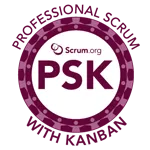
Instructor:

Naveen Kumar
Program highlights:
- Instructor-led programs
- Real life case studies
- Assignments
- Certification
Book your slot:
December 09-10, 2023
Book your slot
Jan-Dec 2024
The course is held on every 3rd weekend of every month.
February 17-18, 2024
